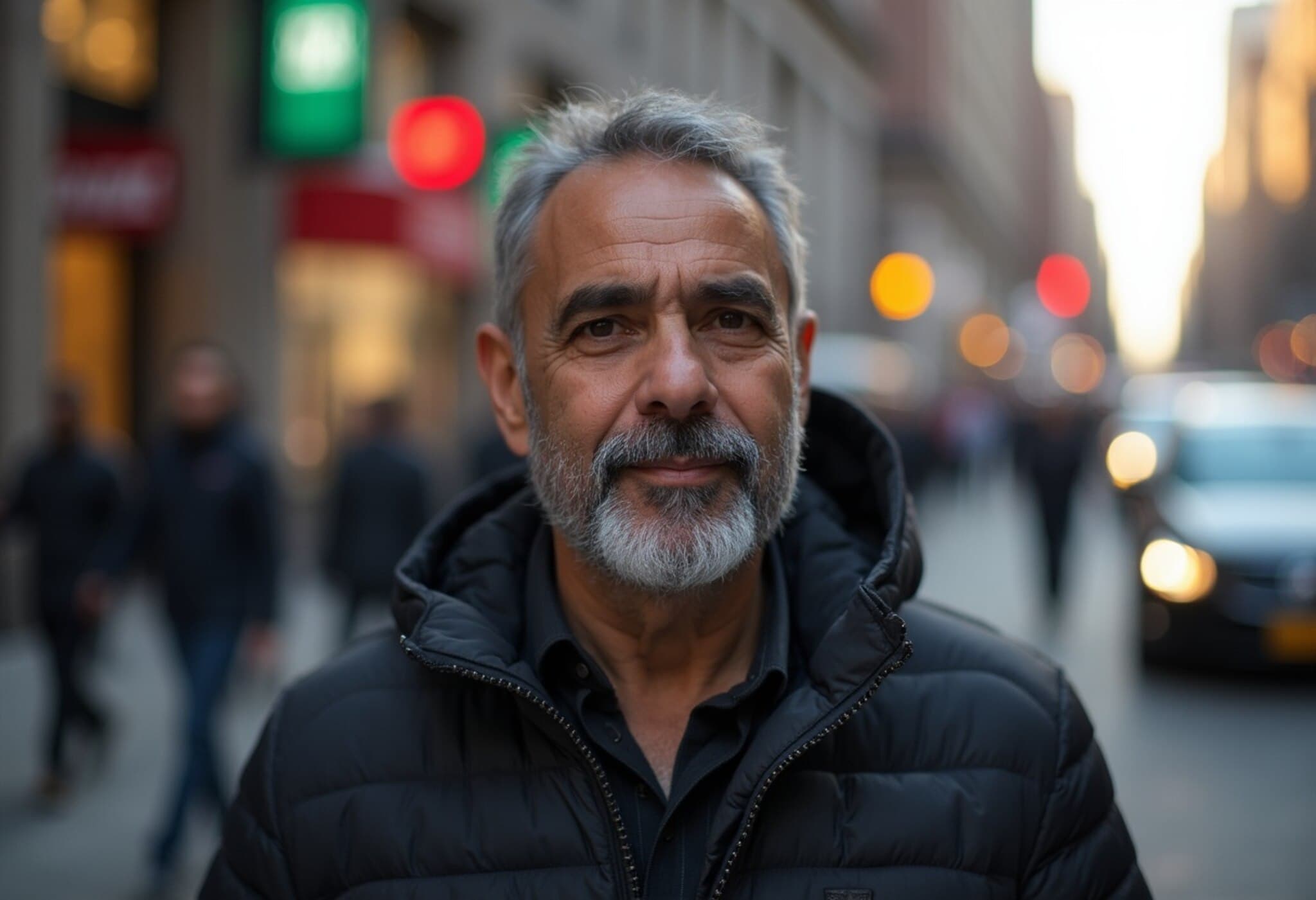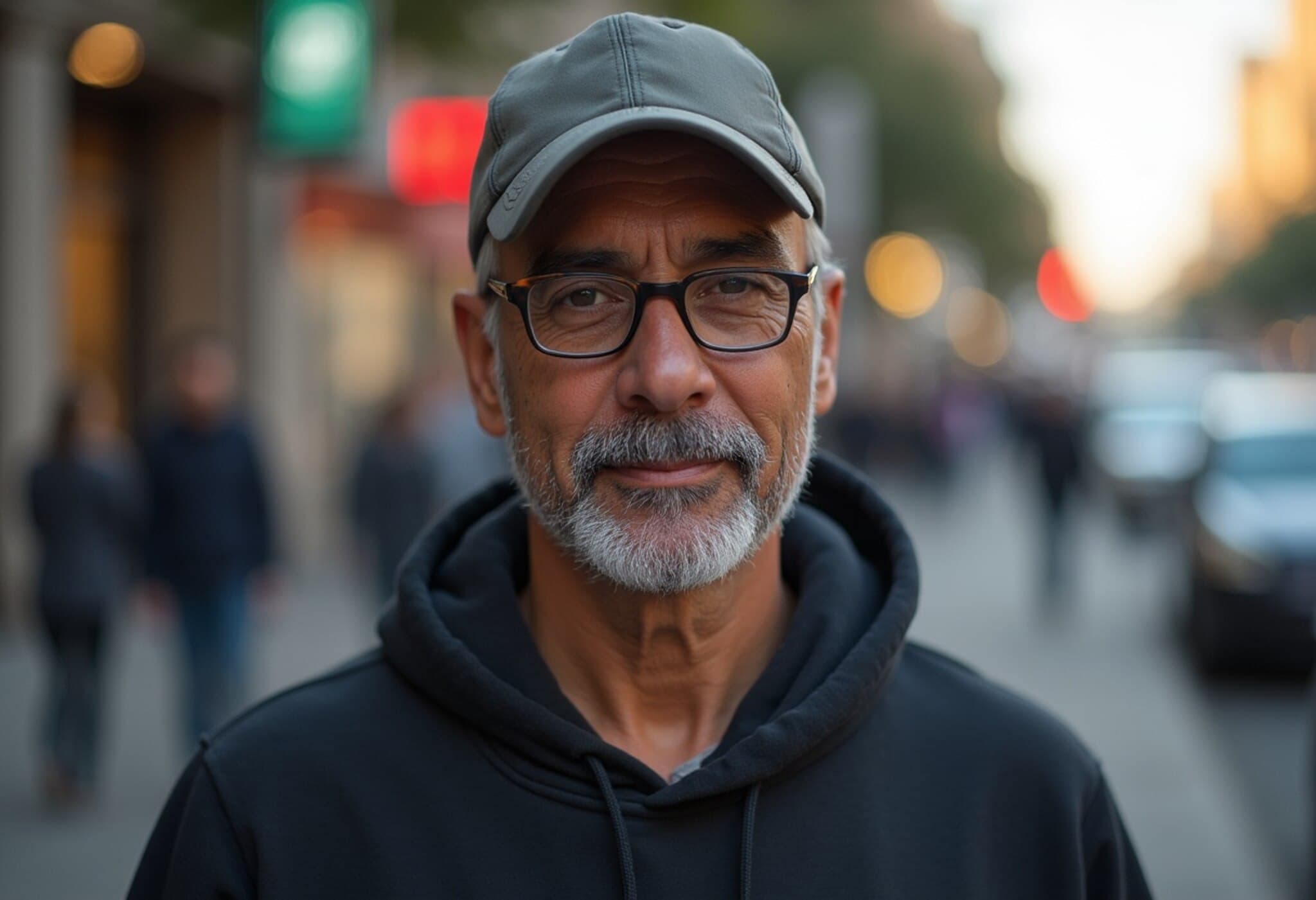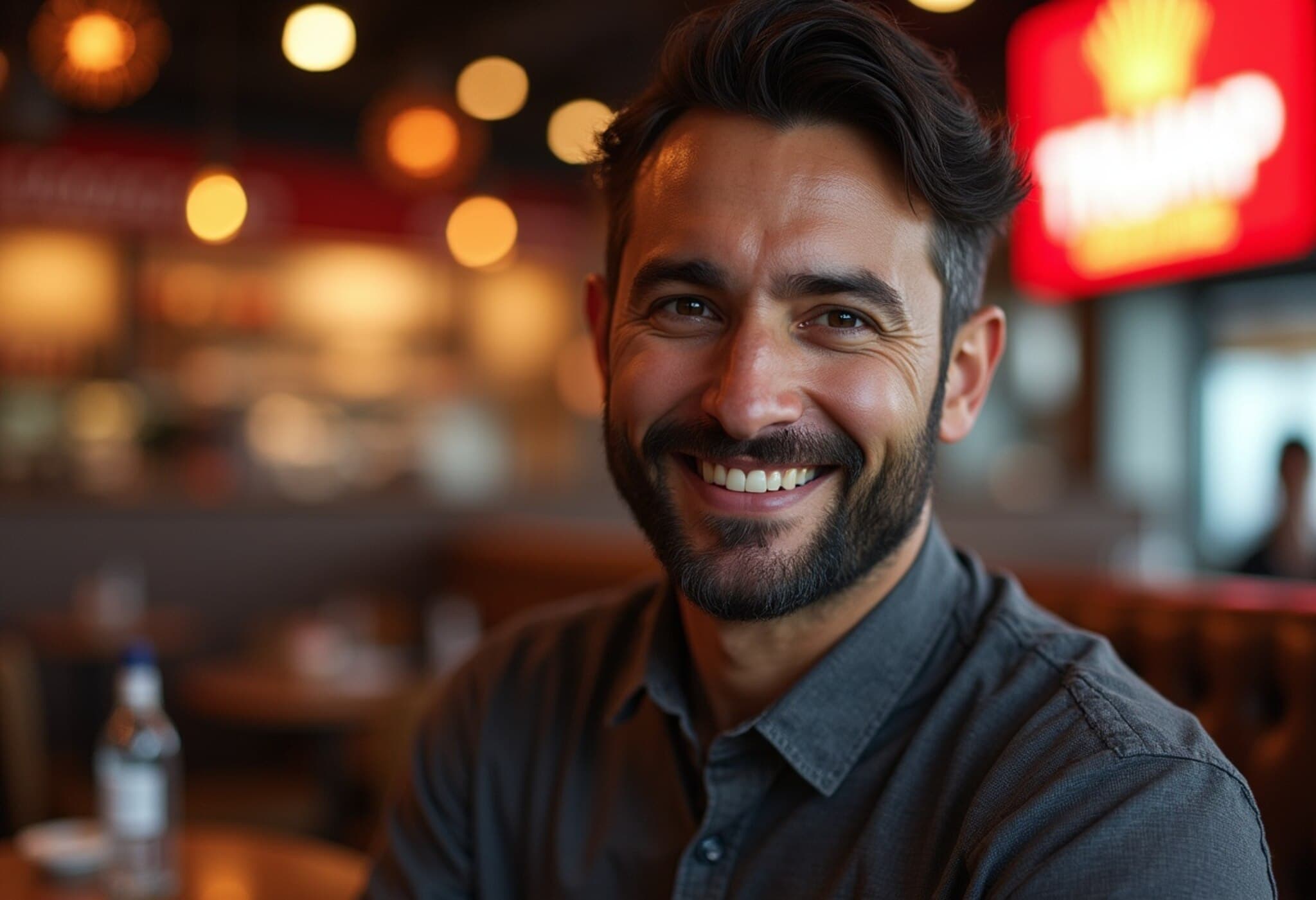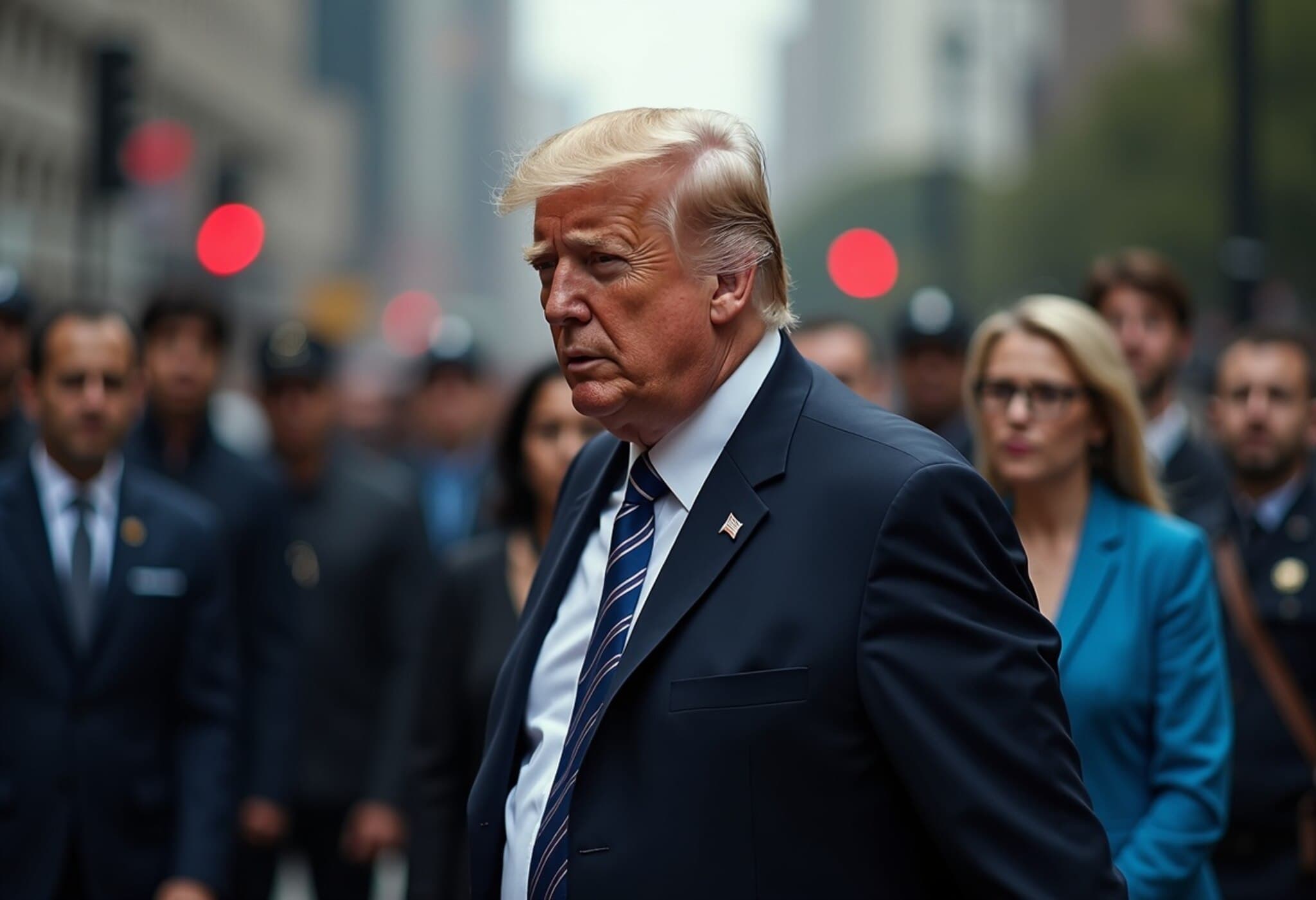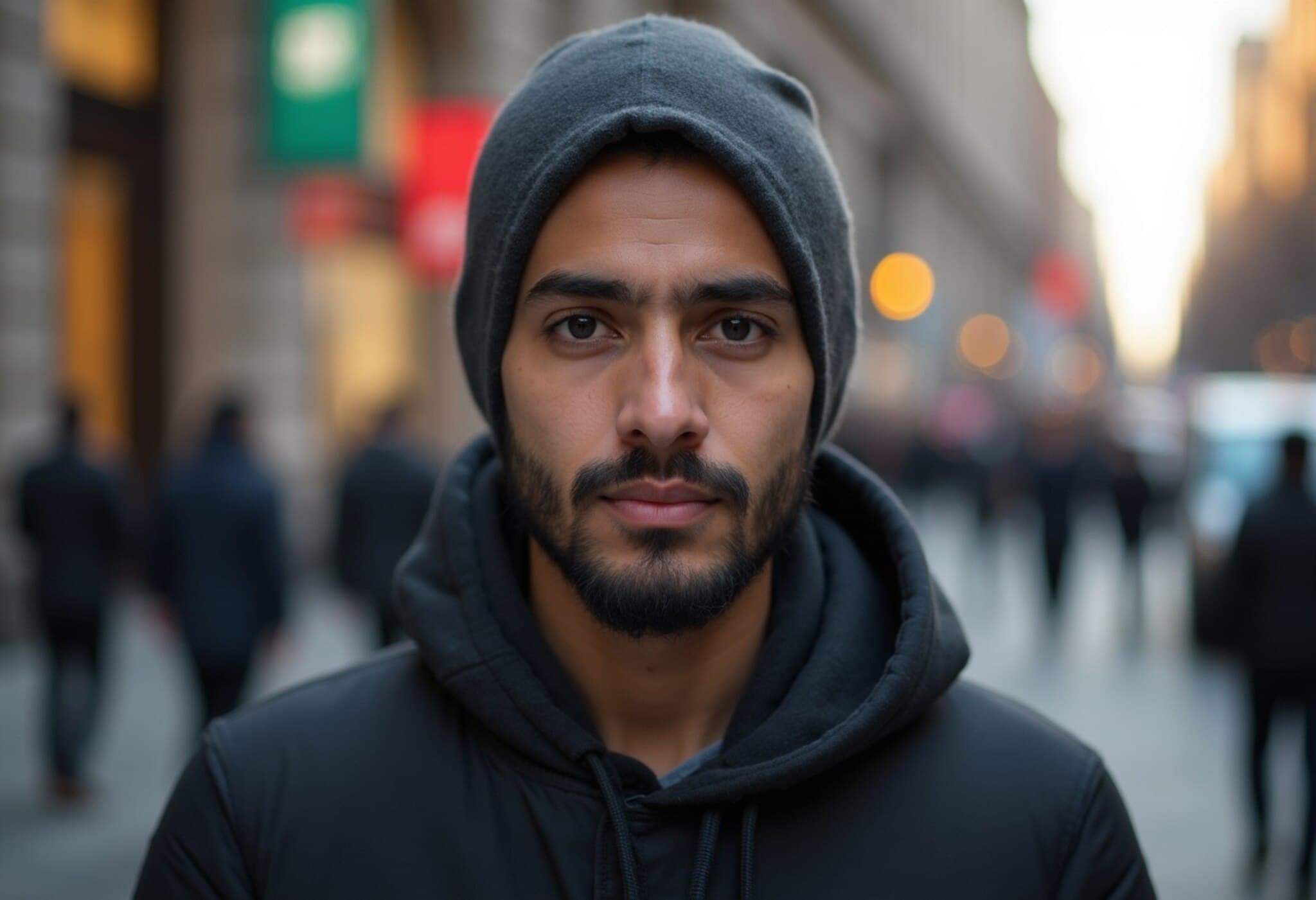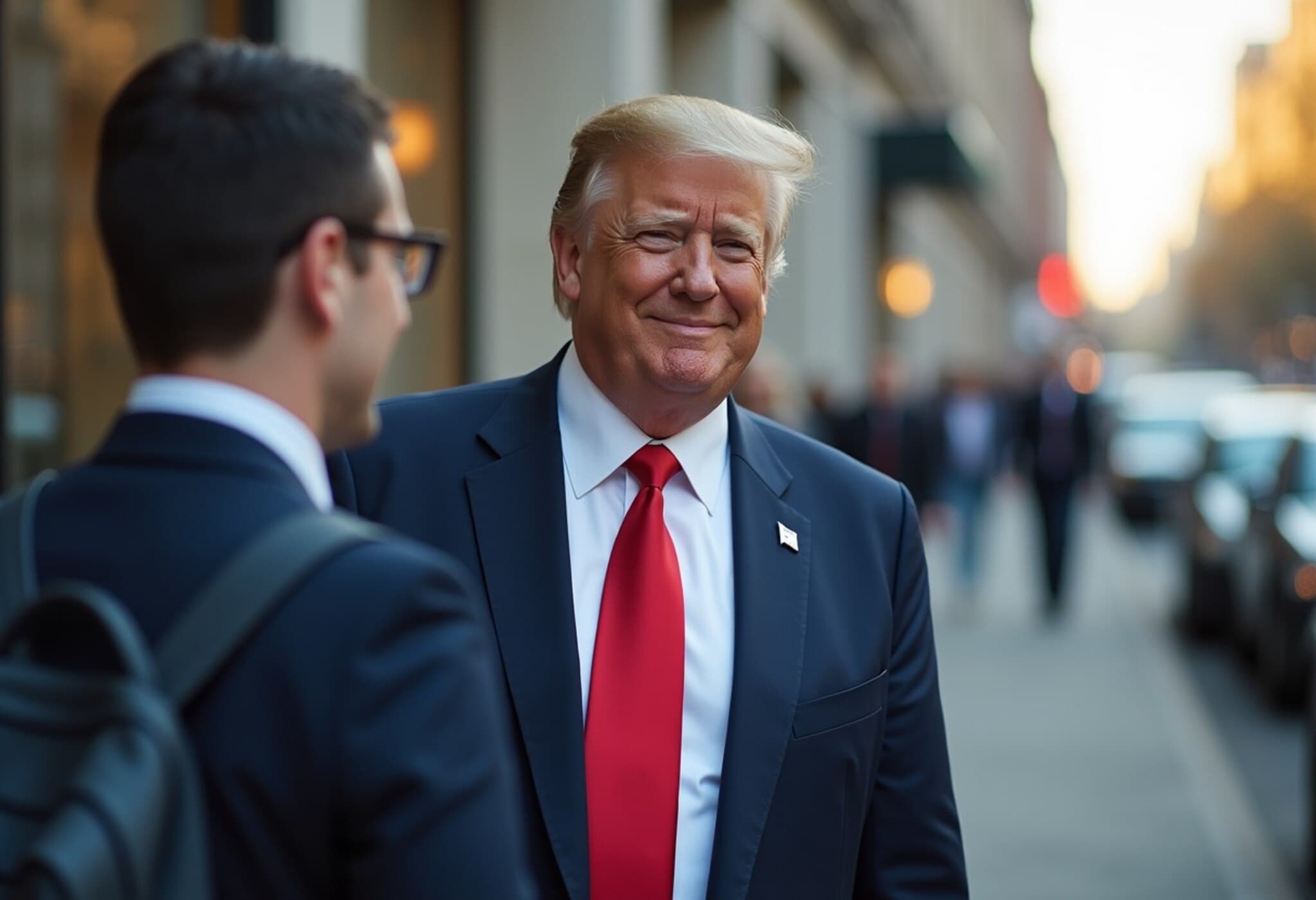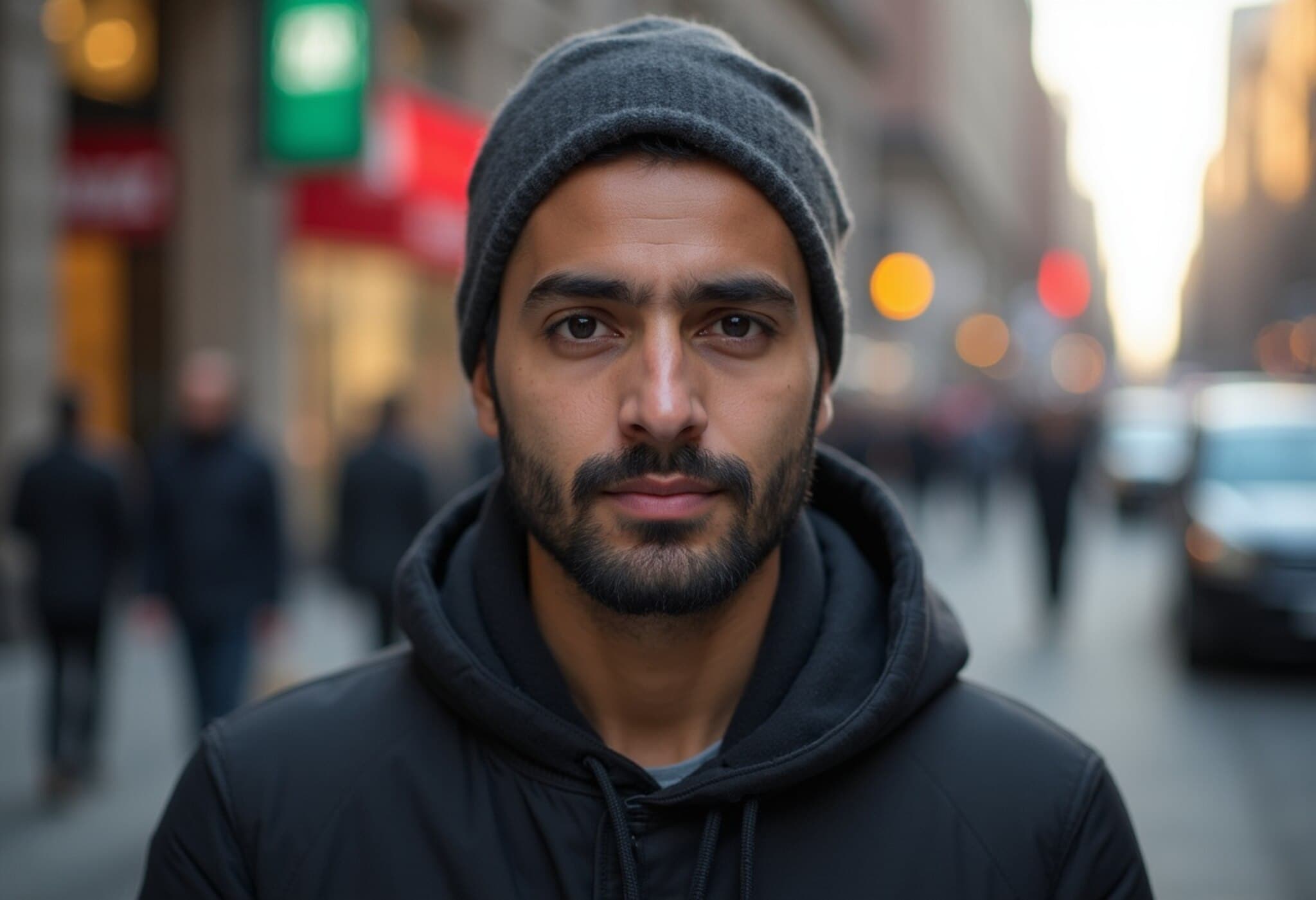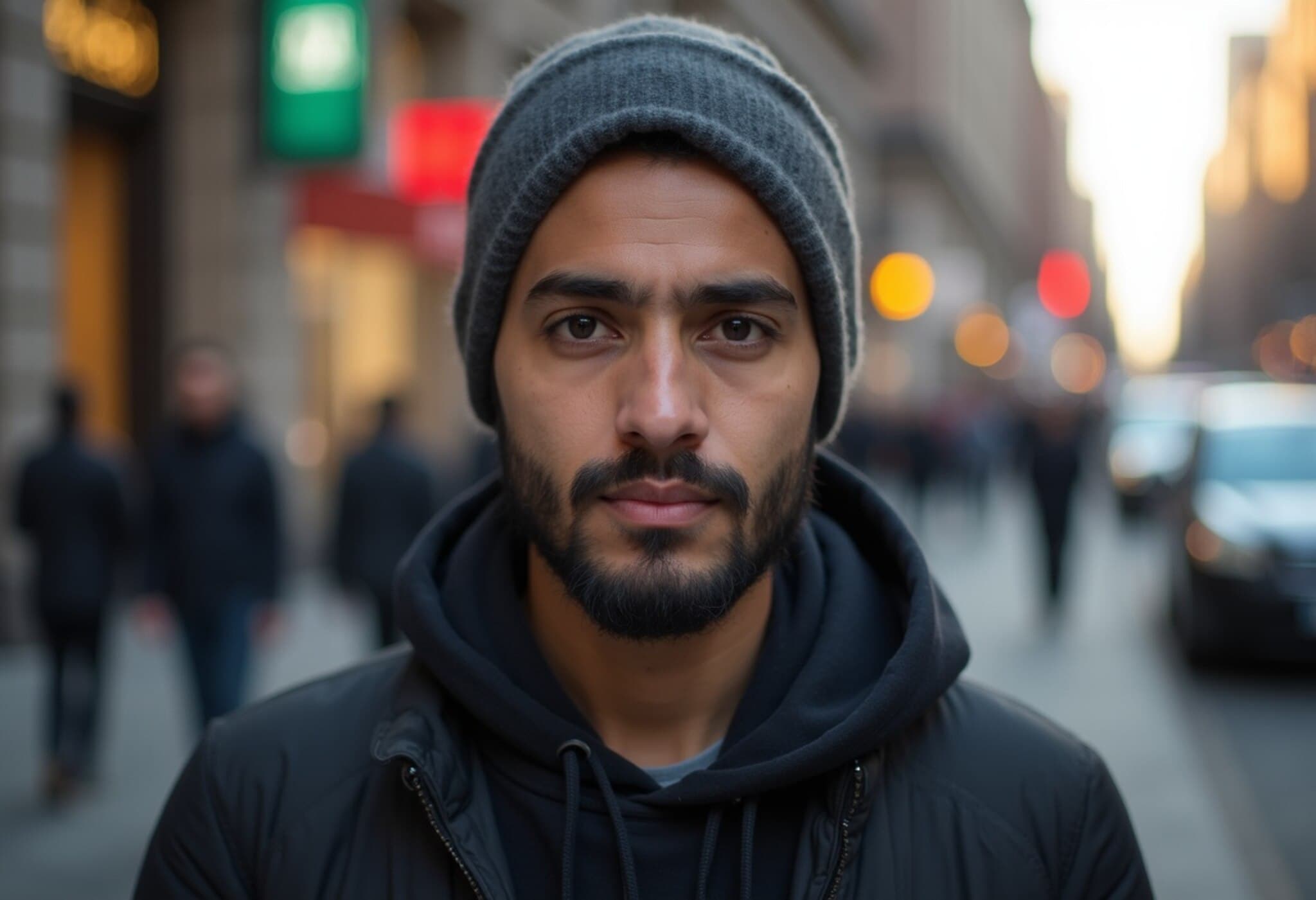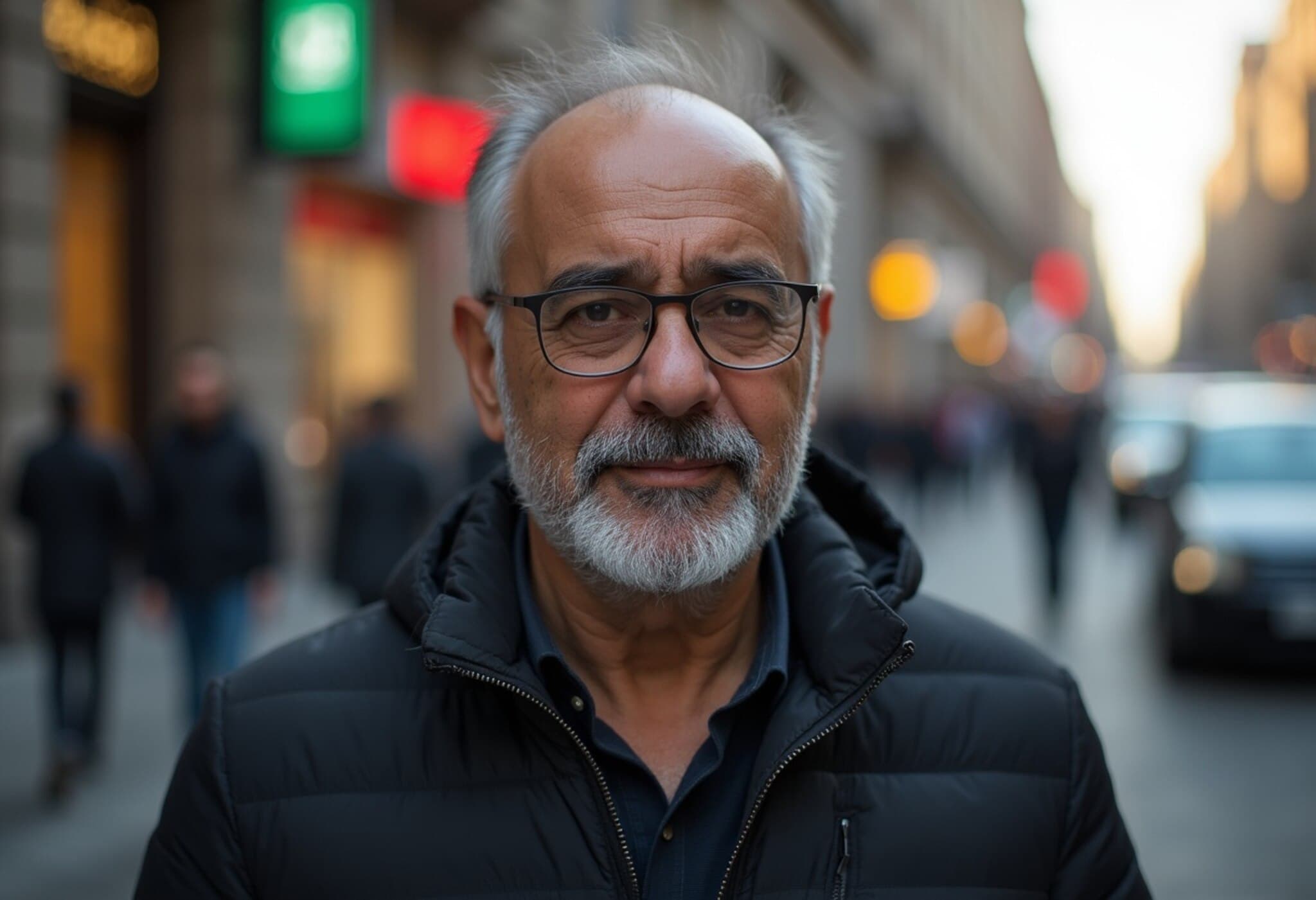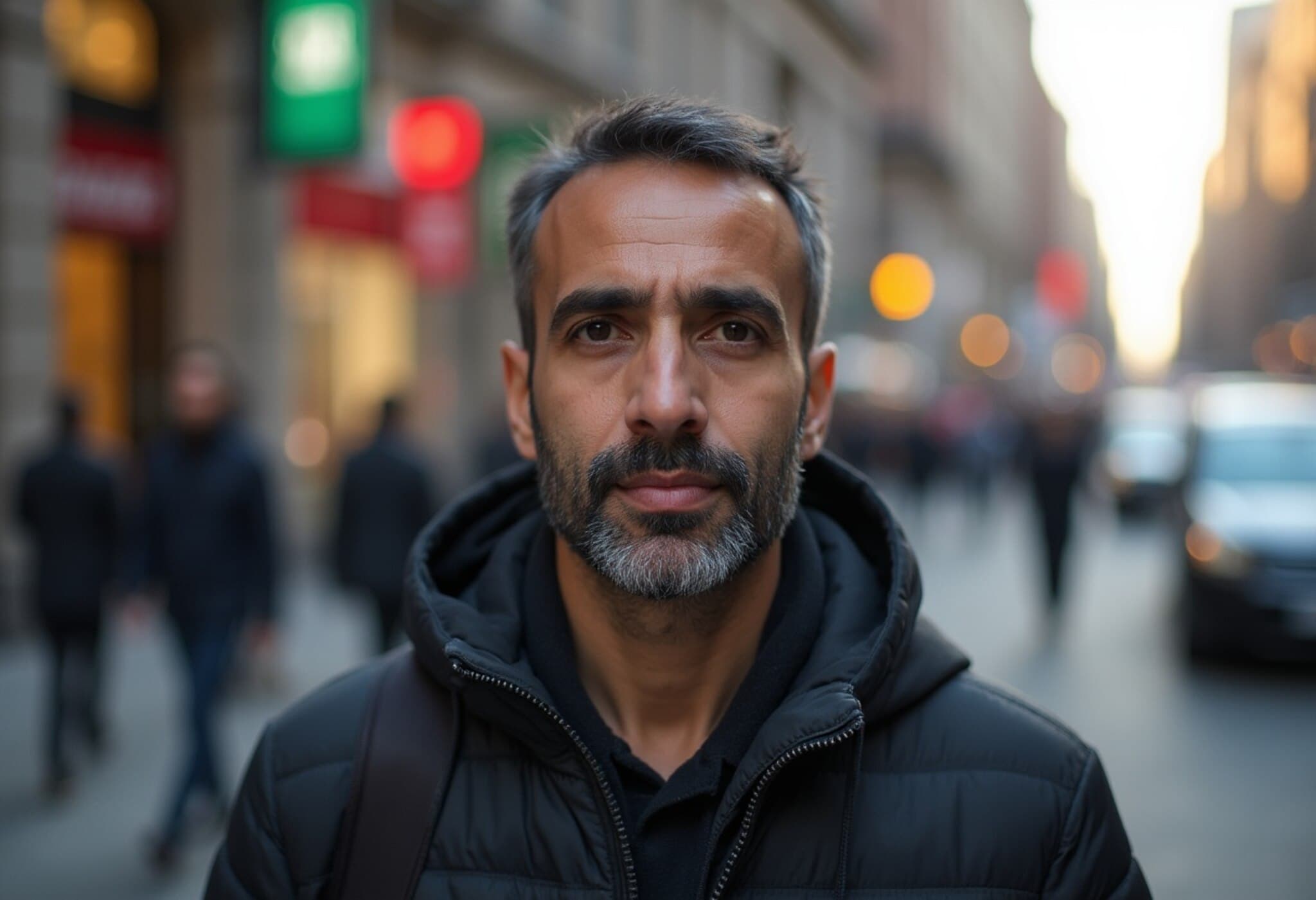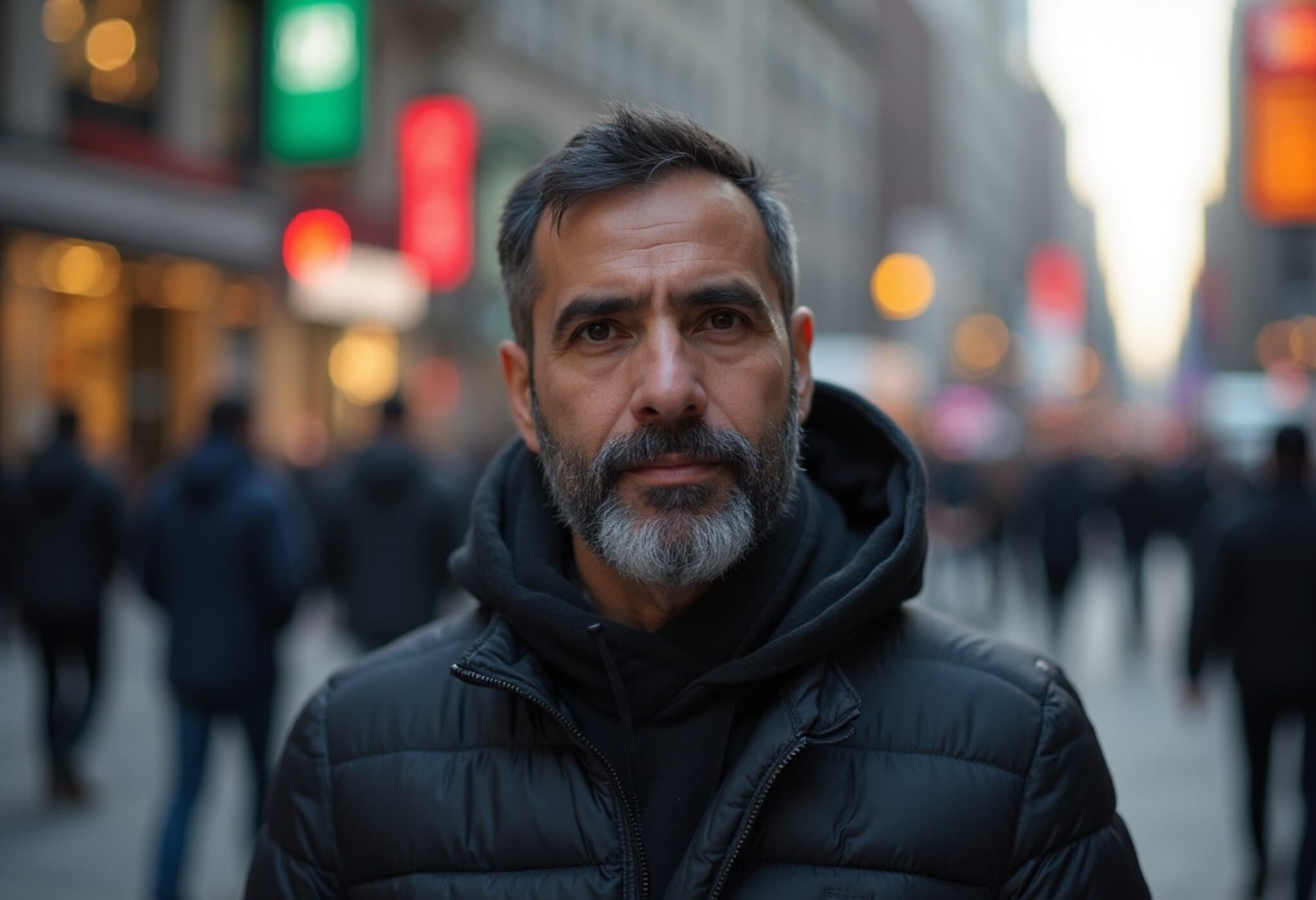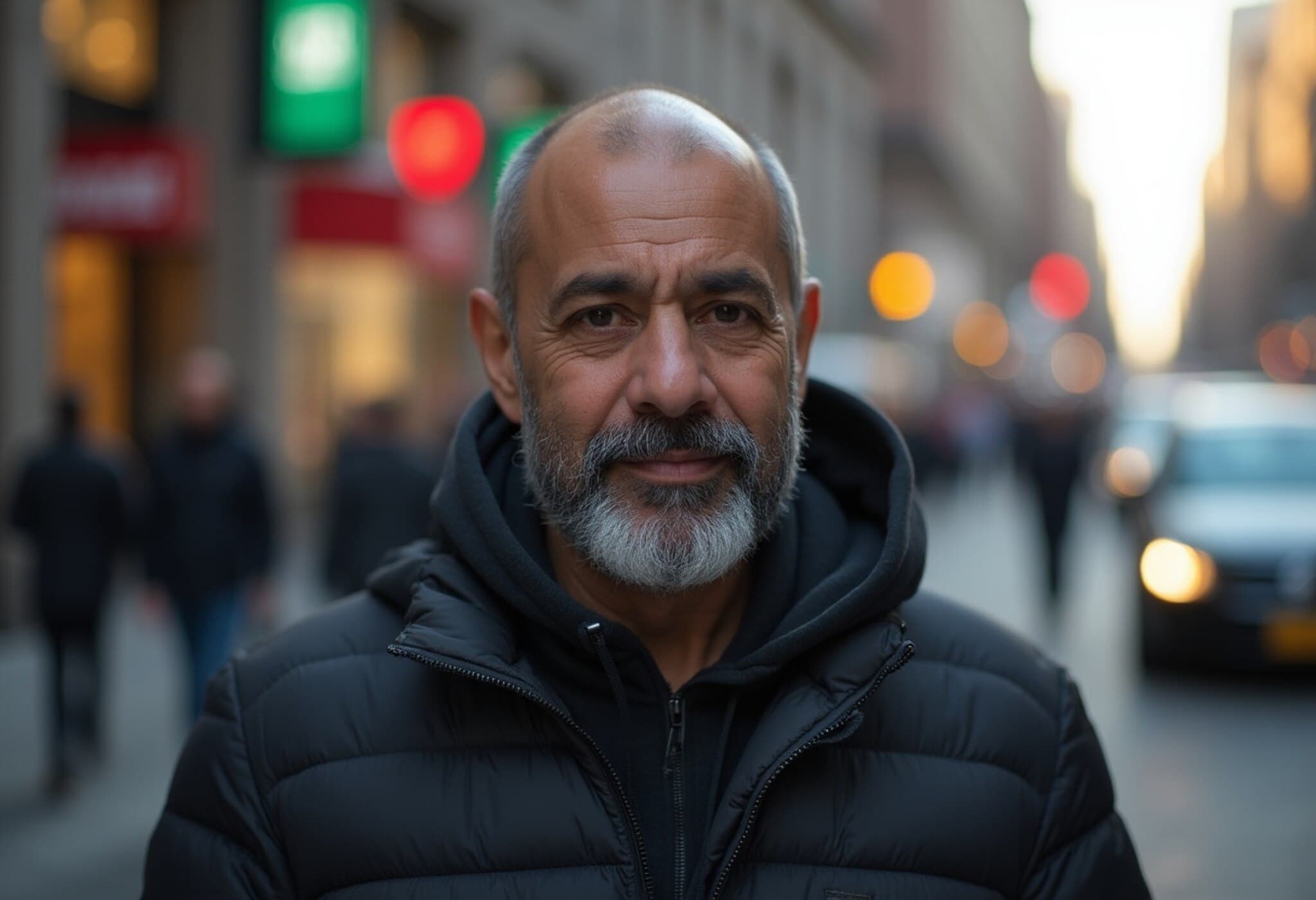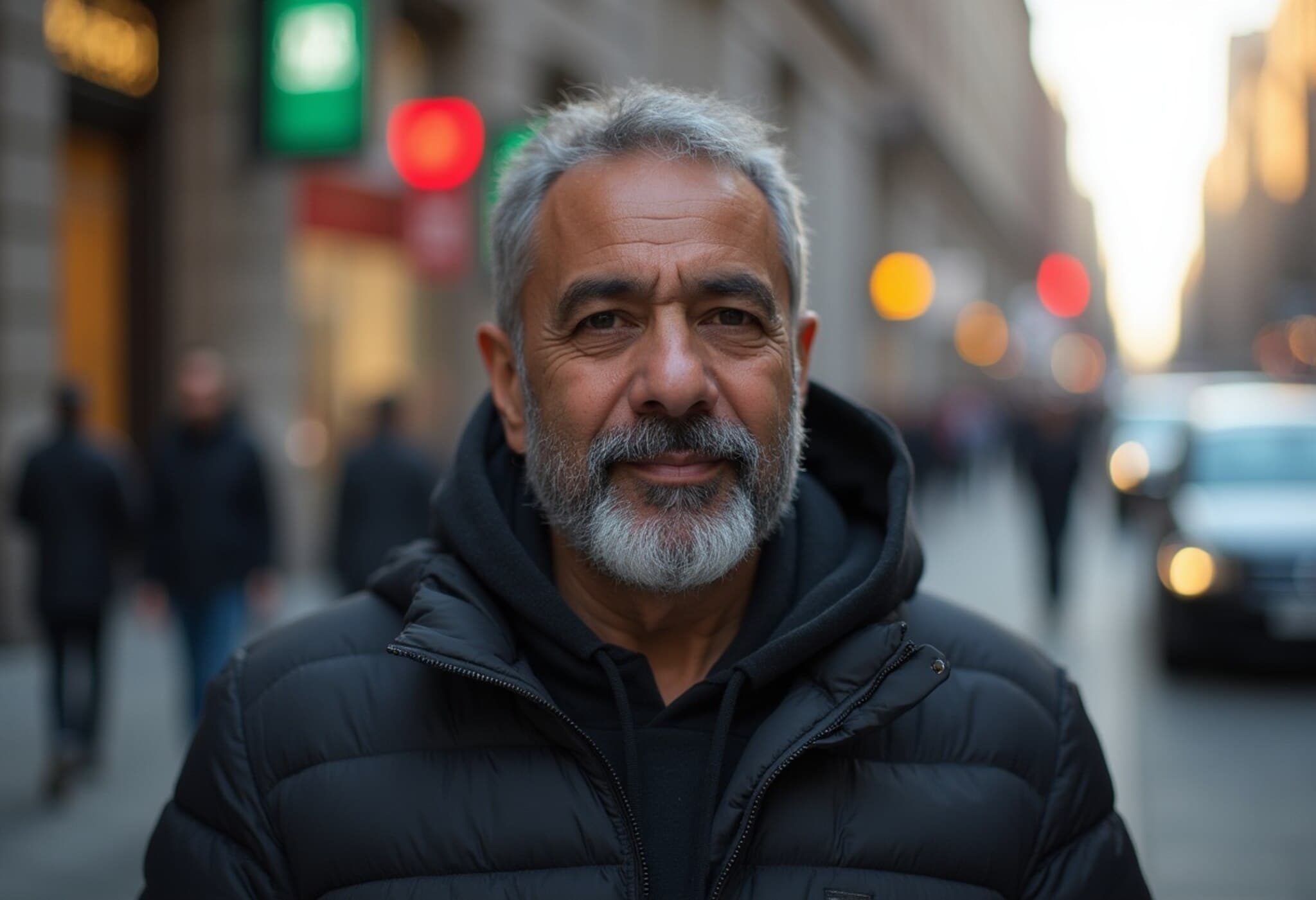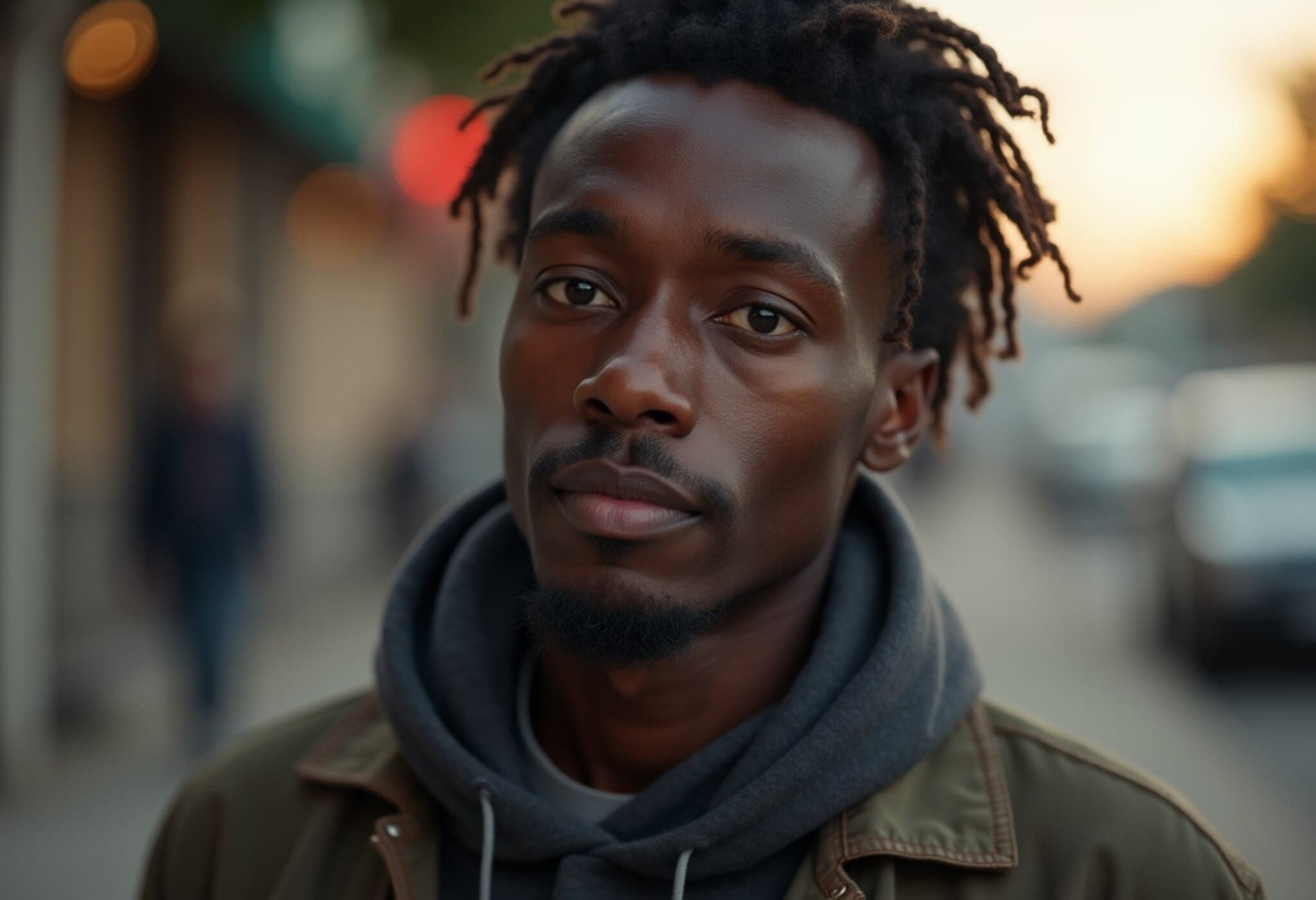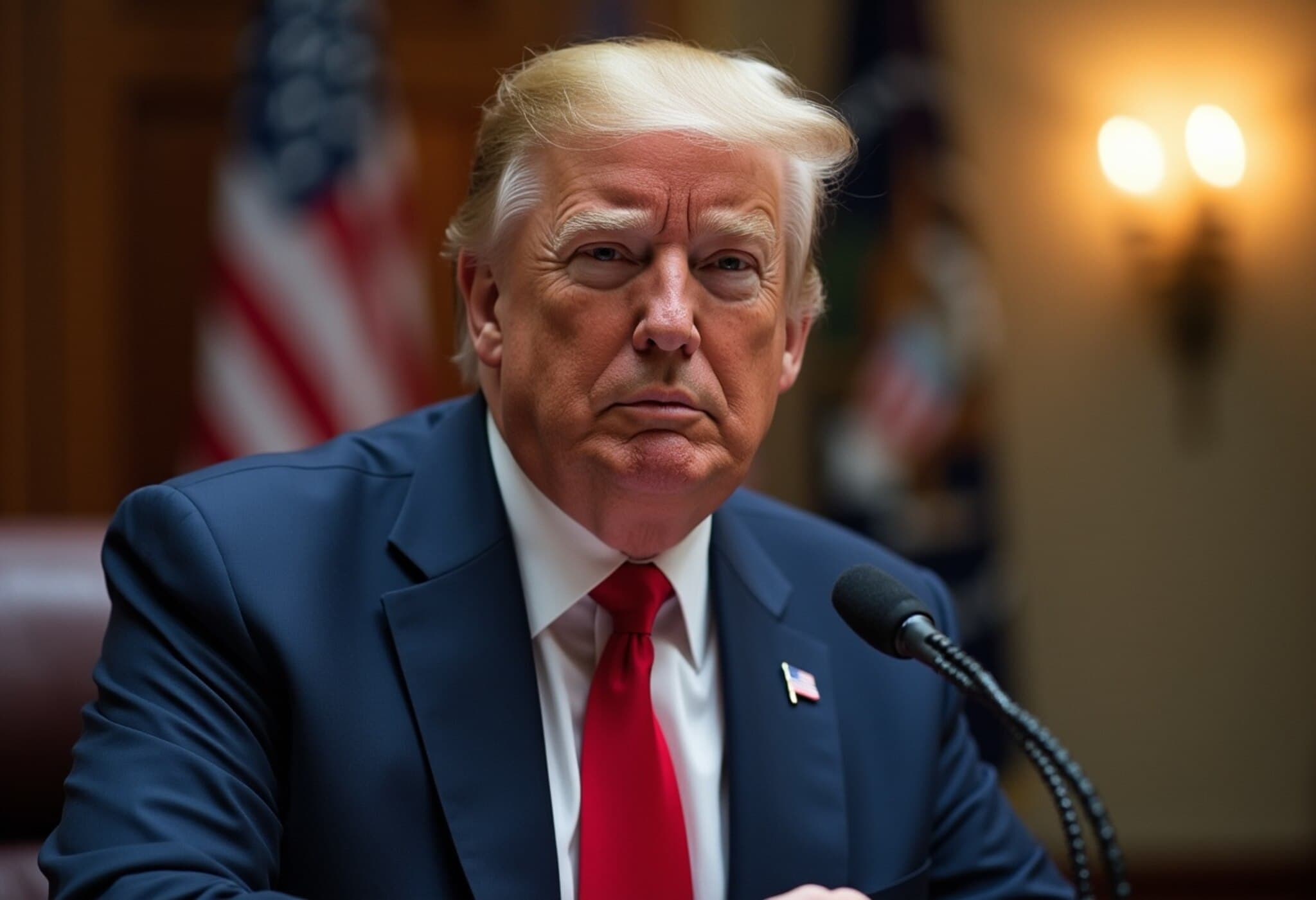US Court Grants Release to Activist Mahmoud Khalil Amid Detention Controversy
A federal judge in New Jersey has ordered the immediate release of Mahmoud Khalil, a pro-Palestinian activist and Columbia University graduate, from immigration custody. The decision marks a significant win for civil rights advocates who criticized efforts seen as politically motivated actions against Khalil.
Background of the Arrest
Khalil was detained on March 8 by immigration officials inside his university residence lobby in Manhattan. This arrest came amid a broader crackdown on foreign students participating in pro-Palestinian demonstrations against Israel’s military campaign in Gaza, a policy endorsed by then-President Donald Trump, who labeled the protests antisemitic and vowed deportations of certain foreign participants. Khalil became the first high-profile target under this directive.
Judge’s Ruling and Legal Arguments
After hearing arguments from both Khalil’s legal team and the Department of Homeland Security (DHS), U.S. District Judge Michael Farbiarz of Newark ordered Khalil’s release from a detention center in rural Louisiana by Friday evening. The judge highlighted the government’s failure to demonstrate that Khalil posed either a flight risk or a threat to public safety.
“There is at least something to the claim that immigration charges were used as a means to punish Mr. Khalil,” Judge Farbiarz noted, deeming the use of civil immigration enforcement for punitive purposes unconstitutional.
Ongoing Immigration Proceedings and Constitutional Concerns
Despite the release order, legal challenges remain. Khalil, a legal permanent resident originally from Syria, is currently contesting deportation proceedings, including allegations of fraud related to his visa application. An immigration judge in Louisiana recently denied his asylum request and ruled he could be deported, but the federal judge’s injunction has temporarily halted any removal.
Khalil’s legal team argues that his detention and deportation efforts are retaliatory actions targeting his exercise of free speech under the First Amendment. Earlier rulings have criticized the government for invoking a seldom-used law that empowers the U.S. Secretary of State to deport non-citizens whose presence supposedly conflicts with American foreign policy interests.
Family and Community Impact
Khalil’s wife, Dr. Noor Abdalla, and their infant son, both U.S. citizens, have been separated from him for over three months. Abdalla described the release as a bittersweet victory, emphasizing that while the family welcomes Khalil’s return, the broader injustices faced by many remain unresolved.
Government Response and Next Steps
The White House criticized the judge’s decision, asserting that Khalil’s release undermines U.S. foreign policy and accusing him of visa fraud. Officials indicated plans to appeal the ruling, stressing that a judge from New Jersey lacks jurisdiction over a detention facility in Louisiana.
Meanwhile, the Department of Homeland Security continues to pursue deportation actions, but the legal battle is ongoing. Khalil has options to appeal administrative rulings, and Judge Farbiarz is carefully reviewing constitutional challenges related to his detention.
Looking Ahead
- Khalil has expressed his intent to reunite with his family in New York.
- Rights groups remain vigilant about the precedent set by this case in safeguarding free speech rights.
- The case shines a spotlight on the intersection of immigration enforcement and political activism in the U.S.
This ruling underscores the delicate balance between immigration law, free expression, and policy enforcement in a politically charged environment.

